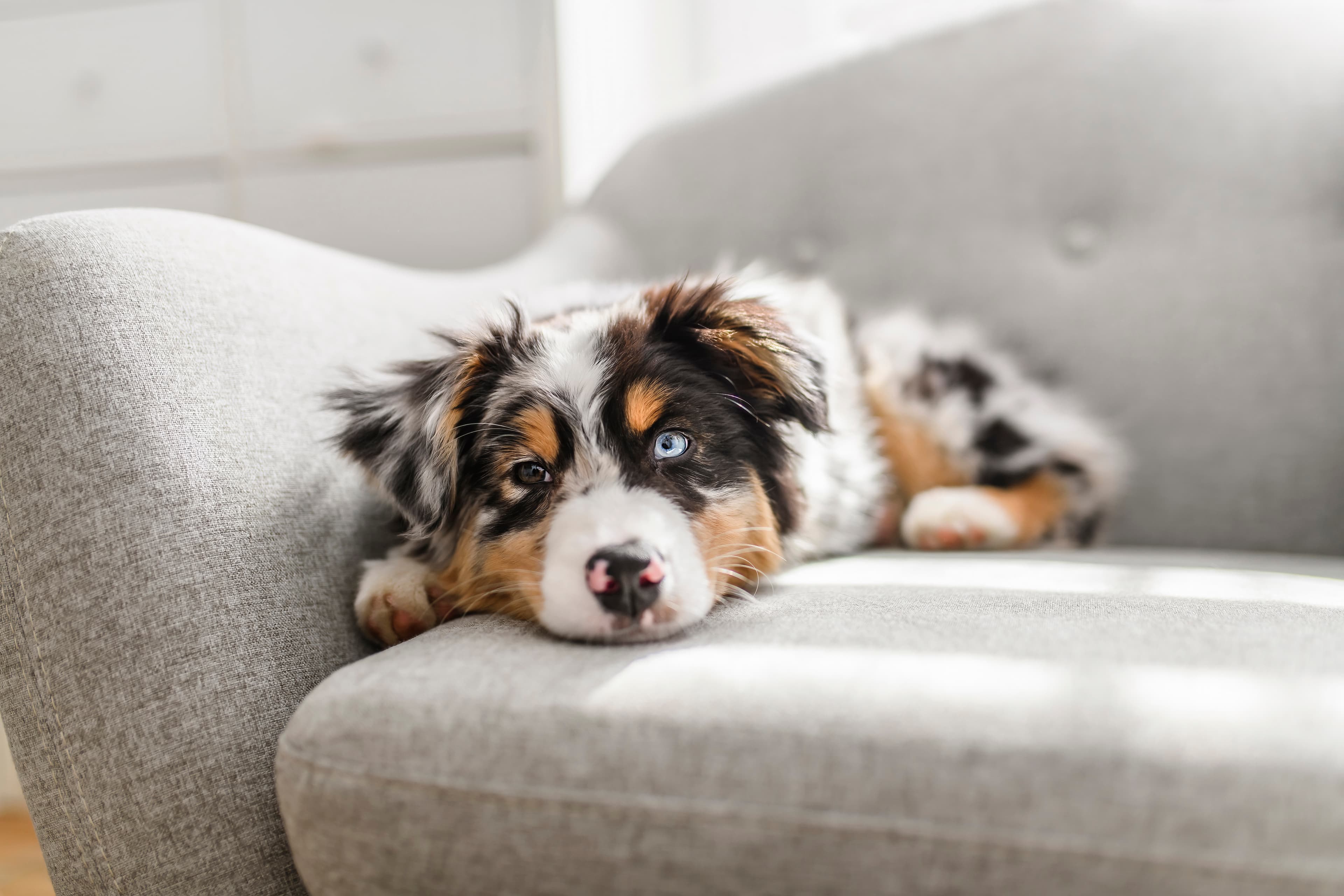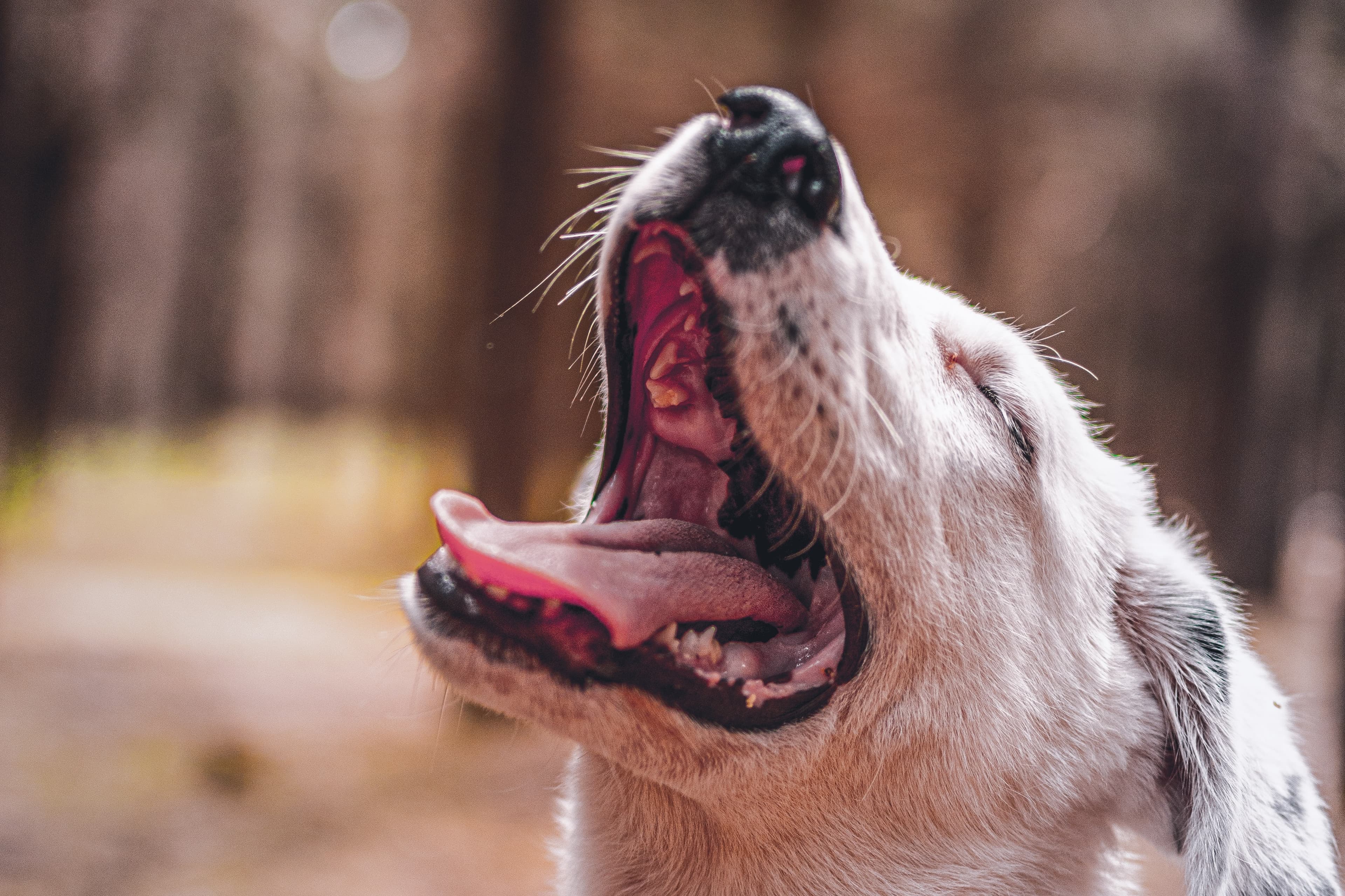What to do when your puppy bites your hands
Did you know that a puppy's mouth performs the same function as human hands? Puppies use their mouths to touch us, to pull us towards them and to play. To reduce puppy biting, you need to teach your puppy how we humans want it to behave instead. However, when puppies are around 11 weeks old, their teeth may start to itch a little extra, which may be a reason why they bite more than usual for a while.
Calming a stressed puppy
It is common for puppies to bite most in the afternoon, this is not related to itchy teeth but is a behaviour that may be based on the stress the puppy has accumulated during the day. Trying to raise a stressed dog will not work. What you need to do instead is calm the dog, you can give it a chew and massage to relieve the stress. To avoid a stressed puppy, you need to make sure it gets plenty of rest during the day.
How do you play with your puppy?
What we do to a dog, it tends to do to us. If we take it hard on the dog, they take it hard on us. Remember that a dog's teeth perform the same function as a human's hands. Make sure the dog always associates your hands with petting and handling. Do you use your hands to play with the puppy and then let the puppy nip at you? If so, there is a risk that you have unconsciously taught the puppy that it is okay to gnaw on your hands. To reduce biting, make sure you always involve a toy when playing with the puppy. This way you will teach the puppy that they should bite the toys you are playing with, not people.
Biting tips
If the puppy continues to bite at your hands and you are sure that it is rested, not stressed and has learned that you are playing through toys, it is appropriate to introduce bite stimuli. This is something the puppy's mother and siblings have already done, so the puppy will quickly understand what you mean. Biting is about you telling and expressing discomfort when the puppy bites so hard it hurts. Remember that there is a difference between when the puppy takes your hand gently in its mouth and when it bites. When the puppy takes your hand softly in its mouth, you can liken it to wanting to hold your hand.
Do this
If the puppy bites your hand so hard that it hurts, give a shrill howl. It is very important that the puppy does not perceive your tone as angry. With an angry tone, you risk frightening the puppy and it will not understand that you mean you are hurting when it bites.
After you have made your cry, the puppy will most likely let go, so calmly remove your hands. Don't pull your hands away too quickly, as the puppy may perceive this as starting the chase and biting again.
If the exercise doesn't work, stress may still be present, so continue to practise calming the puppy. If the puppy continues to bite at your hands, leave the situation completely, as you are showing the puppy that you do not appreciate it using harsh grabs or bites. Do not leave the puppy alone in a room, social isolation should not be used as a punishment. If the puppy seeks you out again after a while, you can invite it to play with a toy or give it a chew.






